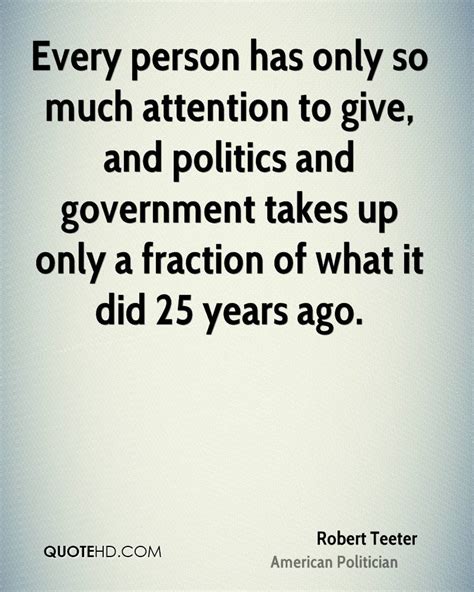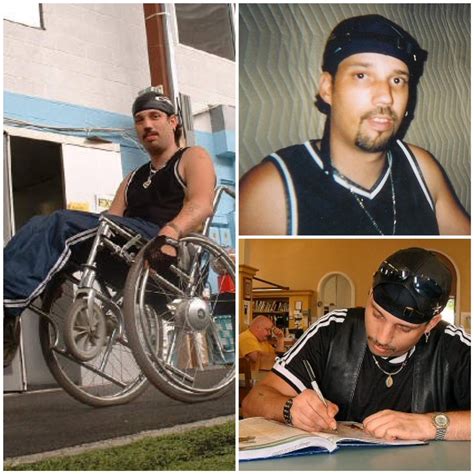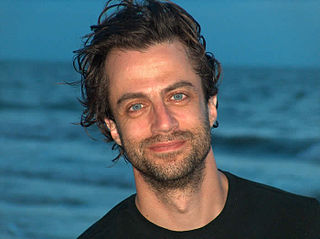A Quote by Robert Teeter
As the society has gotten larger and more complex, individuals have lost their ability to influence any of the institutions that affect their lives.
Related Quotes
And if you look at society, the way it works, they are creating, from cradle to grave, left-brain prisoners. To advance in this society, you have to be good at passing exams in school, which are taking in left-brain information overwhelmingly. Then you go to the next level, and so on so that by the time you reach any level of significant influence in society or the institutions of society, you are fundamentally locked into your left brain. Or at least the majority of people are.
All the acquisitions or losses wrought by nature on individuals, through the influence of the environment in which their race has long been placed, and hence through the influence of the predominant use or permanent disuse of any organ; all these are preserved by reproduction to the new individuals which arise, provided that the acquired modifications are common to both sexes, or at least to the individuals which produce the young.
Finally, let us not forget the religious character of our origin. Our fathers were brought hither by their high veneration for the Christian religion. They journeyed by its light, and labored in its hope. They sought to incorporate its principles with the elements of their society, and to diffuse its influence through all their institutions, civil, political, or literary. Let us cherish these sentiments, and extend this influence still more widely; in full conviction that that is the happiest society which partakes in the highest degree of the mild and peaceful spirit of Christianity.
I don't think one can accurately measure the historical effectiveness of a poem; but one does know, of course, that books influence individuals; and individuals, although they are part of large economic and social processes, influence history. Every mass is after all made up of millions of individuals.
The more complex our economy, the more we should rely on the miraculous, self-adapting processes of men acting freely. No mind of man nor any combination of minds can even envision, let alone intelligently control, the countless human energy exchanges in a simple society, to say nothing of a complex one.
In its pursuit of justice for a segment of society, in disregard of the consequences for society as a whole, what is called 'social justice' might more accurately be called anti-social justice, since what consistently gets ignored or dismissed are precisely the costs to society. Such a conception of justice seeks to correct, not only biased or discriminatory acts by individuals or by social institutions, but unmerited disadvantages in general, from whatever source they may arise.
Anthropologists have often described what happens to a primitive society when its spiritual values are exposed to the impact of modern civilisation. Its people lose the meaning of their lives, their social organisation disintegrates, and they themselves morally decay. We are now in the same condition. But we have never really understood what we have lost, for our spiritual leaders unfortunately were more interested in protecting their institutions than in understanding the mystery that symbols present.

































